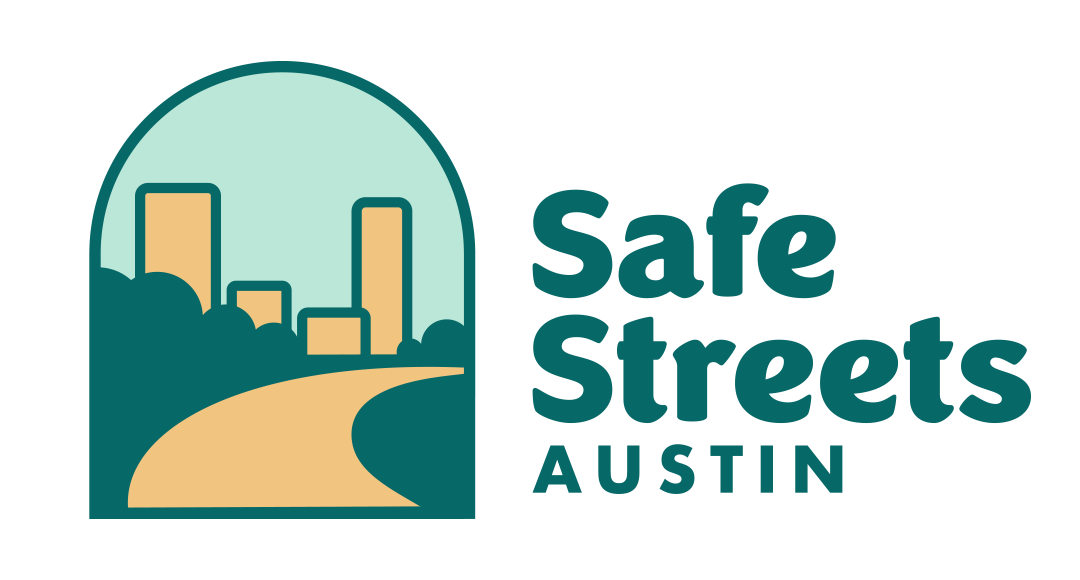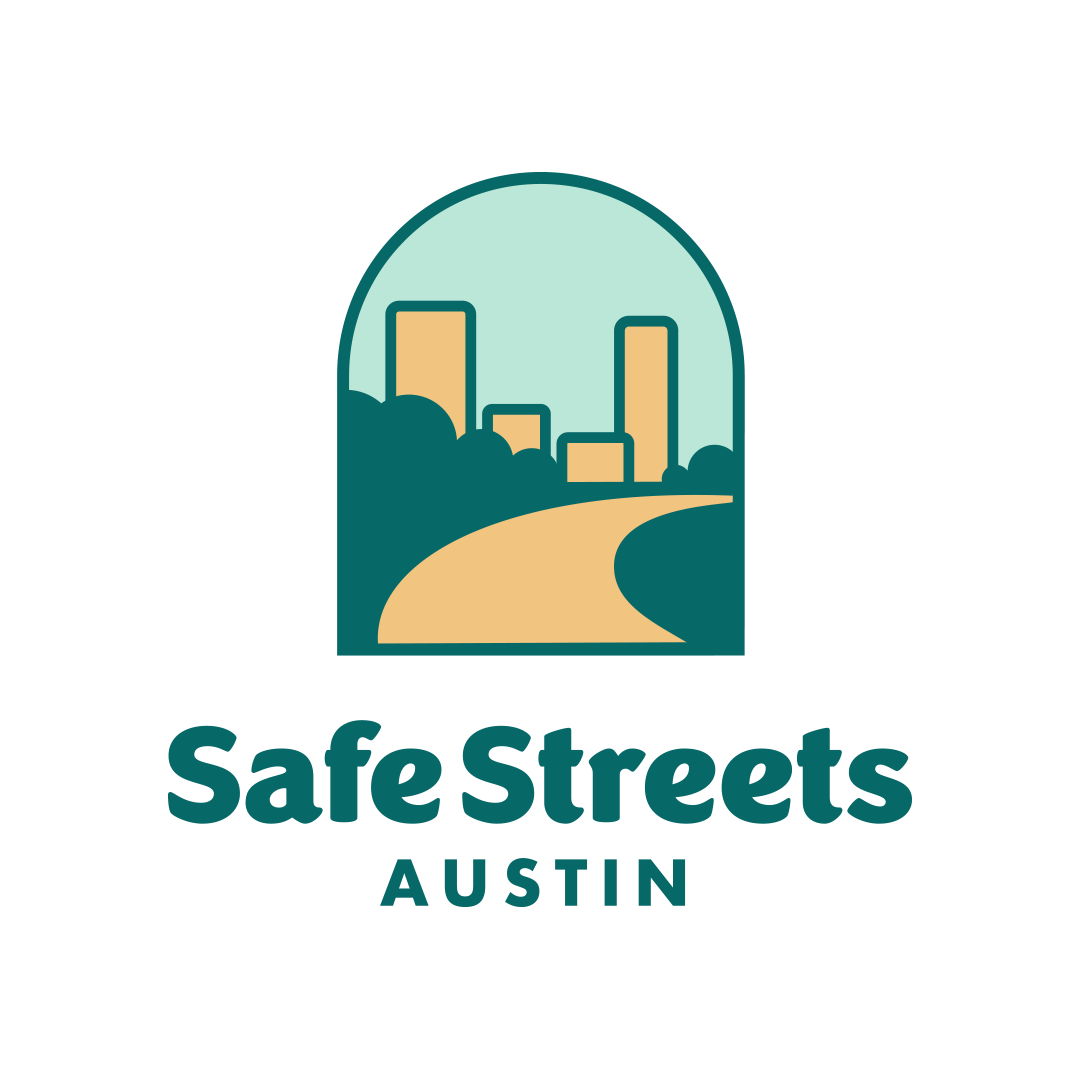Propositions A and B Both Pass
Proposition A Passes!
On November 3rd 2020, Austinites voted to approve Proposition A, the proposal to dedicate funds from a tax rate increase to the operations and maintenance for Project Connect, a high-capacity transit system. This is a major win for efficient and transportation in Austin and will contribute to a safer city for biking.
Project Connect will address traffic congestion, expand service for essential workers, reduce climate change emissions, decrease traffic fatalities, create jobs, and provide access to schools, health care, jobs and the airport
The proposal includes neighborhood supportive affordable housing investments along transit corridors and a fixed rail and bus rapid transit system, including associated road, sidewalk, bike, and street lighting improvements, park and ride hubs, on-demand neighborhood circulator shuttles, and improved access for seniors and persons with disabilities.
Project Connect will be operated by the Capital Metropolitan Transportation Authority, expending its funds to build, operate and maintain the fixed rail and bus rapid transit system.
Additional revenue raised by the tax rate is to be dedicated by the City to an independent board to oversee and finance the acquisition, construction, equipping, and operations and maintenance of the rapid transit system by providing funds for loans and grants to develop or expand transportation within the City, and to finance the transit-supportive anti-displacement strategies related to Project Connect.
Proposition B Passes!
67% of Austinites also voted to approve Proposition B, the proposal to dedicate $460 million in voter-approved general obligation bonds to transportation infrastructure. This is a historic win for safe infrastructure and is the single largest investment in walking, bicycling, and safe streets in Austin’s history.
Sidewalks: $80 million
Funding for construction and rehabilitation of high and very high priority sidewalk segments and elimination of Americans with Disabilities Act (ADA) barriers and gaps in the sidewalk system. Funding priorities for new and rehabilitated sidewalk projects follow the Sidewalk and ADA Transition Plan. Funding provides:
$50 million for new sidewalks. This funding will construct approximately 78 miles of new sidewalks, or 20% of the locations targeted in the Sidewalk and ADA Transition Plan. Funding will help address very high and high priority sidewalks within ¼ mile of all identified schools, bus stops, and parks, as well as sidewalks on both sides of arterial and collector streets and one side of residential streets.
$30 million for rehabilitation of existing sidewalks, which will be applied toward achieving 95% functionality for very high and high priority sidewalks and 55% functionality for the citywide sidewalk network. This funding will rehabilitate about 20% of the locations targeted in the Sidewalk and ADA Transition Plan.
Urban Trails: $80 million
Funding for transportation-related Urban Trails. This includes constructing Tier I urban trails, identifying routes and developing designs for Tier II urban trails, and connections to existing transportation infrastructure. It also includes designing and constructing trail connections that overcome barriers within our active transportation network within either tier. This funding will construct approximately 30% of the Tier 1 Urban Trail Network.
Bikeways: $40 million
Funding for transportation-related Bikeways. Prioritized projects will follow the Austin Bicycle Plan’s All Ages and Abilities Bicycle Network (AAA Bicycle Network), which was updated in the Austin Strategic Mobility Plan Bicycle Priority Network. This funding will achieve 70% of the on-street AAA Bicycle Network.
Safety/Vision Zero: $65 million
Funding for Safety/Vision Zero, including projects that reduce conflicts and improve safety for all road users through major roadway reconstruction and rapid implementation of low-cost, high-impact projects. This funding will address:
Intersection reconstruction projects at an estimated 25 major intersections.
Speed mitigation projects on approximately 70 street segments.
System-wide pedestrian crossing projects.
A variety of rapid response projects on the High-Injury Network.
Safe Routes to School: $20 million
Funding to implement projects listed in Safe Routes to School Infrastructure Reports, which identify more than 4,000 potential projects to improve safety for elementary and middle school students walking or bicycling to and from school. This funding will address about 8% of the high and very high priority Safe Routes to School projects citywide.
Local Transit Enhancement Program: $19 million
Funding for the Local Transit Enhancement Program, including projects not delivered by Project Connect. Funding could be used for transit projects to address reliability, speed, and safety of local bus service and transit access, as well as funding for shared micromobility fleet expansion, first and last mile connections, and communications technology.
Neighborhood Partnering Program: $1 million
Funding for the Neighborhood Partnering Program, including active transportation mobility projects built through community-led partnerships. Neighborhood Partnering Program projects are community-initiated capital improvements and costs are proportionately matched with neighborhood support.
Substandard Streets: $53 million
Funding for improvements to publicly owned roadways that do not meet current City street standards for safety, mobility and drainage. Substandard street improvements will include:
Funding for improvements to Johnny Morris Road as identified in the project’s Preliminary Engineering Report.
At least $35 million for improvements to Ross Road as identified in the project’s Preliminary Engineering Report.
Use of any remaining funding, after funding Johnny Morris Road and Ross Road, for improvements on Cooper Lane, Circle S Road, or other substandard streets identified through the 2016 Mobility Bond, as well as creating Preliminary Engineering Reports for Nuckols Crossing Road and Bradshaw Road.
Major Capital Improvements: $102 million
Funding for the following Major Capital Improvements, including:
Longhorn Dam Bridge Multimodal Improvements
Congress Avenue Urban Design Initiative
Creation of a Preliminary Engineering Report for Barton Springs Road (Barton Boulevard to Lou Neff Road), in coordination with the Zilker Park Vision Plan process
South Pleasant Valley Corridor Improvements
Up to $5 million to build additional pedestrian and associated infrastructure as part of the 2016 Mobility Bond Corridor Mobility Programs on Slaughter Lane, North Lamar Boulevard, South Lamar Boulevard, Guadalupe Street, Martin Luther King Jr. Boulevard, Burnet Road and Riverside Drive.

